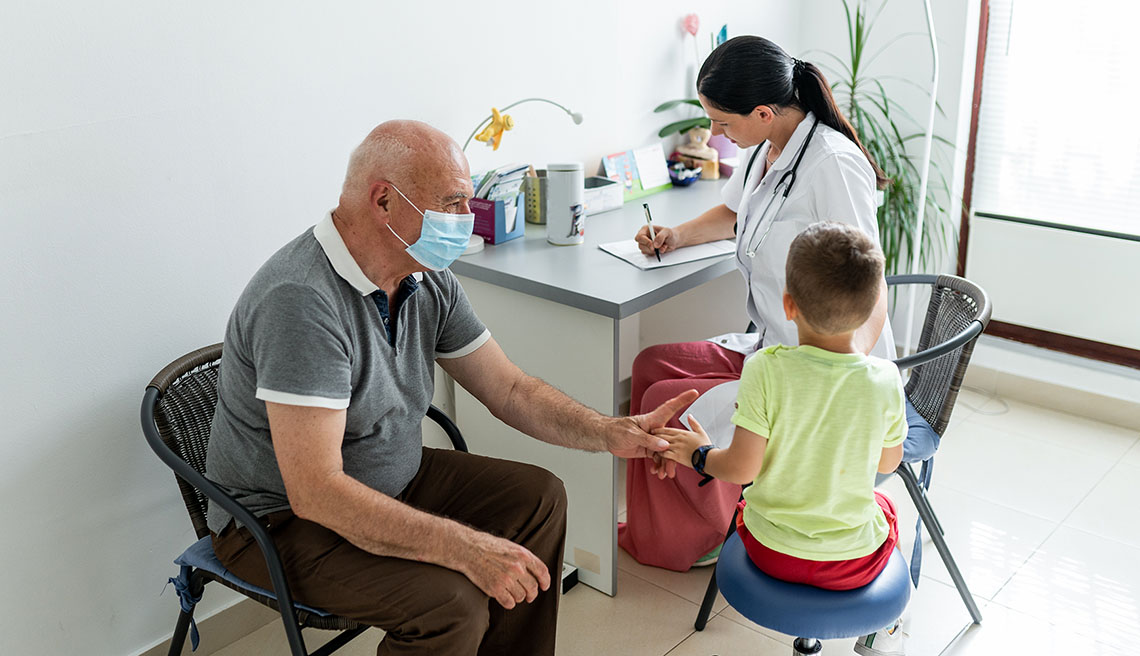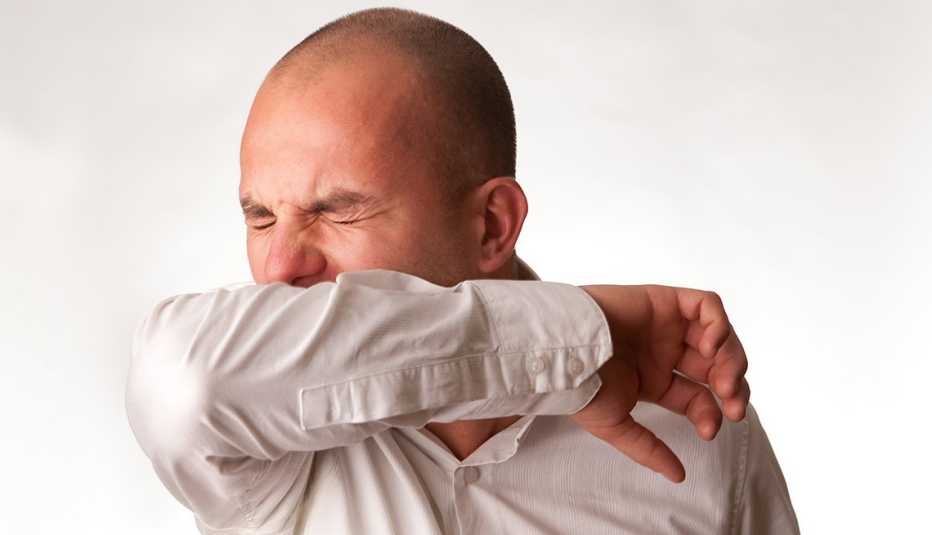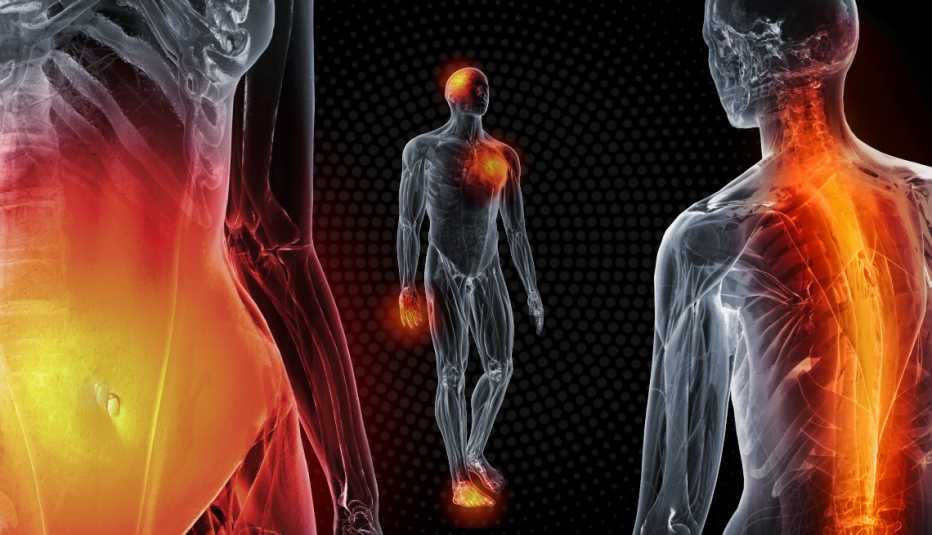Staying Fit
The Centers for Disease Control and Prevention (CDC) on Thursday warned physicians to be on the lookout for a rare but serious health condition associated with the coronavirus that has been documented in children throughout Europe and the U.S.
Multisystem inflammatory syndrome in children (MIS-C), as it's known, is described as “a severe inflammatory syndrome with Kawasaki disease–like features.” (Kawasaki disease, an illness that causes inflammation in the walls of some blood vessels in the body, most commonly occurs in children under age 5.) The syndrome, which can cause lasting damage to the heart and other organs, is marked by fever, low blood pressure and elevated inflammatory markers in bloodwork. Most children diagnosed with MIS-C have tested positive for either a current or past coronavirus infection.


AARP Membership— $12 for your first year when you sign up for Automatic Renewal
Get instant access to members-only products and hundreds of discounts, a free second membership, and a subscription to AARP the Magazine.
So far, cases of MIS-C have been reported only in children, mostly in areas hit hardest by the coronavirus. A study published in The Lancet found that in Italy's Bergamo province, just outside Milan, hospitals documented a 30-fold increase in the incidence of MIS-C in the last month. New York state is investigating more than 100 cases and three deaths linked to the inflammatory syndrome; New Jersey is also reporting a handful of cases.
Since the start of the pandemic, children have been less affected by the coronavirus than adults. Kids with COVID-19, the illness caused by the virus, generally have mild symptoms, if any at all, according to the CDC. And hospitalization rates have remained low.
"But what we've seen across the world, and what people are reporting now, is that sometime after their interaction with COVID these children are developing an inflammatory response throughout their bodies,” says Sara Goza, a pediatrician and president of the American Academy of Pediatrics. Sometimes the illness can pop up even weeks after a coronavirus infection, she adds.
What doctors think is happening is that when children “recover from their initial infection, their body mounts a really abnormal, overexuberant immune response, and that is what really is causing these serious symptoms,” explains Audrey John, chief of the Division of Pediatric Infectious Diseases at Children's Hospital of Philadelphia.
"We're just now starting to realize that this is happening. And so there's a lot of people looking at it, trying to figure out where it's coming from, what's causing it. And that's true of COVID-19 in adults, too. We still don't know all this virus can do,” Goza says.
Warning signs: When to worry about kids
It's important to keep in mind that while more cases of MIS-C are starting to pop up, it's still relatively uncommon, Goza stresses. “I would caution parents not to panic,” she adds. “The key is if your child is sick, call your pediatrician.”
Here are symptoms that Goza says parents, grandparents and caregivers should be on the lookout for:



































































